By Amanda Steele
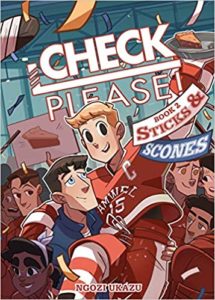
Her extremely popular webcomic is the story of Eric “Bitty” Bittle, a gay, former figure skater, as he starts his freshman year at Samwell University. It’s both sports comic and a romance that follows Bitty’s life on the hockey team throughout all four years of college as he falls in love with fellow hockey player Jack Zimmerman.
Check, Please! has been online since 2013 and is now also available in book format thanks to the success of a series of Kickstarters. These Kickstarters showed just how popular the comic had become as they raised over $800,000. It’s one of the most highly funded webcomic Kickstarters ever.
I had the opportunity to sit down with Ngozi Uzaku at New York Comic Con to talk about the amazing success of Check, Please!, the importance of fandom for marginalized creators, and her upcoming queer softball comic.
Amanda Steele: You’ve said you read comics and manga growing up? What were some of your favorites?
Ngozi Ukazu: I really loved anything that had to do with the Justice League growing up. I remember reading just those huge Alex Ross trays that came out. And, I love manga, all of like Tokyo Mew Mew was my first series.
Steele: I know you did a lot of fanart before Check, Please!, and you have your MFA. Was Check, Please! The first comic you ever wrote?
Ukazu: It was my first big original project that I created. My first web comic was a comic called The Closest Story which was a story about a girl who owned a coffee shop that had a closet in the basement. You put a book in the closet close the door and open the door. The author of the book would be standing there at the age they had written the book. So, they put Oscar Wilde’s book in there, and he comes out of it. He’s not able to go back, so he’s trapped in our time.
Steele: What inspired you? Where did you first get the idea for Check, Please!?
Ukazu: Well, I first got the idea for check please really it was my freshman year of college. I was sitting in my Freshman German classes, and I was talking to my friend about how at Yale we are known as “the gay Ivy” so one in four students identify as queer in some way. So, we were talking about that, and out of the corner there was this hockey player who said ‘no one on the hockey team is gay.”
And, that just made me ask the question if what if? I actually did a screenplay that year asking the question of “what if?” and did a ton of research and grew to love hockey. After that, I started the comic using my newfound hockey knowledge.
Steele: This has been going since 2013. You’re on the fourth year of Eric Bittle’s story. After that, you are done; do you have an end?
Ukazu: I am done. I actually drew the ending for Check, Please! this spring. So, the comic is done, and it will be in bookstores April 2020. I have other projects I’m working on a softball story with Madeline Rupert. I’m working on potentially a superhero story. It’s just exciting to complete a story.
Steele: Fans love this story. They love the characters a lot, and they connect with them. What has it been like to see so many people connect to these characters?
Ukazu: You know, seeing people connect, you can’t feel anything but gratitude. The fact that you can write a story that is wildly specific, wildly niche about hockey, and pie, and college, and Georgian bakers going up to date Canadian hockey prodigies. Yet, people connect to Bitty’s coming out story; they connect to Jack’s anxiety. They connect to the feeling of not thinking you’re going to succeed in an environment that is challenging but overcoming that.
I always just kind of I honestly get speechless. I just tell people thank you.
Steele: Since you came up from this fandom space is it exciting to have created an original work that has its own fandom around it now?
Ukazu: Basically creating my own fandom space. There have been ups and downs, but mostly the pro is that you’re creating this world that you get to build and you get to make your own sandbox. And, you’re inviting other people to play in it as well, and I’ve seen so many craters have fun and develop their skills in the Check, Please! universe.
Steele: You’ve talked about these online spaces and how they’re important for the marginalized, diverse creator. Can you speak a little more to that?
Ukazu: Online spaces are important to marginalized creators and marginalized people because there is no gatekeeping. You can put whatever story you want to tell and people I want to see and put it up there. And, because of Twitter tagging and Tumblr tagging and fandom connections, people recommend and share things that they like. So, you wouldn’t think that a story about a gay hockey player would ever be relevant, but people connect to it.
Steele: You’ve done Kickstarters for the various comics to raise money to make them into books. They raised over 800,000 dollars which is really amazing. How was it seeing how many people were willing to contribute to that?
Ukazu: Again, you can only be speechless. Because never for a second have I taken this comic offline. It’s always been free to read. People technical don’t need the books. But the fact that people want to own physical copies just to have them, it’s really exciting.
I’m ultimately just thankful that people are willing to put their money to support a cause like this. The most important thing honestly is that it shows published that there is an entire population and entire demographic of people who needs the stories and they want them, and they’ve not getting them
Steele: And, they’re willing to pay for them.
Ukazu: They’re willing to pay for them, so you better start catering.
Steele: You mentioned the softball story you’re working on. Tell me more about that?
Ukazu: It’s girls making out! It’s girls making out, but it’s a slowburn. I don’t want to jump right in. It’s just like all the best fan fiction, it’s a slow burn. But, that story is actually a cautionary tale for the attempt to teach self-awareness about art school. It’s art students who have to win one game of softball in order to get an athletic scholarship. I’ve kind of saying it’s art school meets A League of Their Own.

Steele: When is that going to come out?
Ukazu: We’re still working on it. Madeline Rupert is drawing pages. We’re hoping for 2021 or 2022.
Steele: For my last question, there are so many talented fan creators. Do you have any advice or encouragement for them about how to get their work out there?
Ukazu: If someone is a fan artists or fan fic writer and they’re hoping to make a career, I really encourage them to start building that community now. Don’t take for granted anybody who comments on your work or shows interest in your work. Because those are people who can become ambassadors for your work. So, diffusely say thank you to the people who comment or show any type of engagement. Not only does that feel nice, they are taking their time to engage with your stuff.


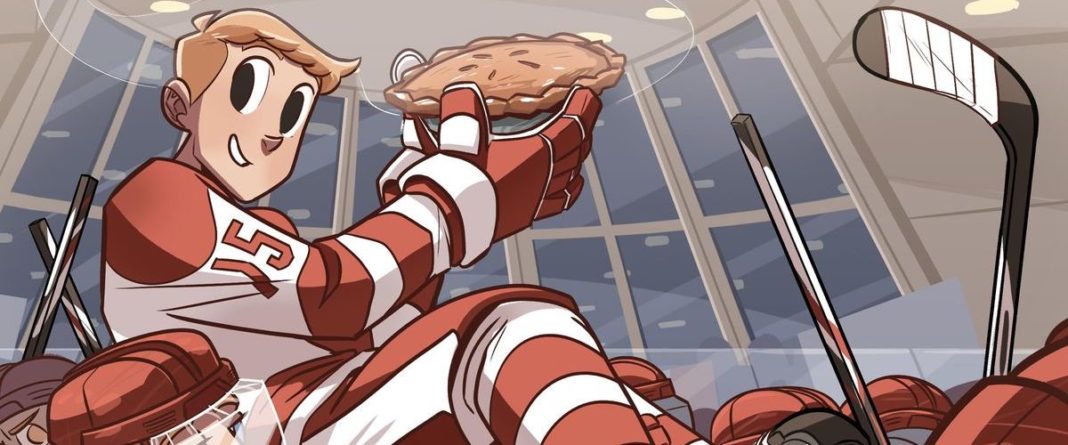
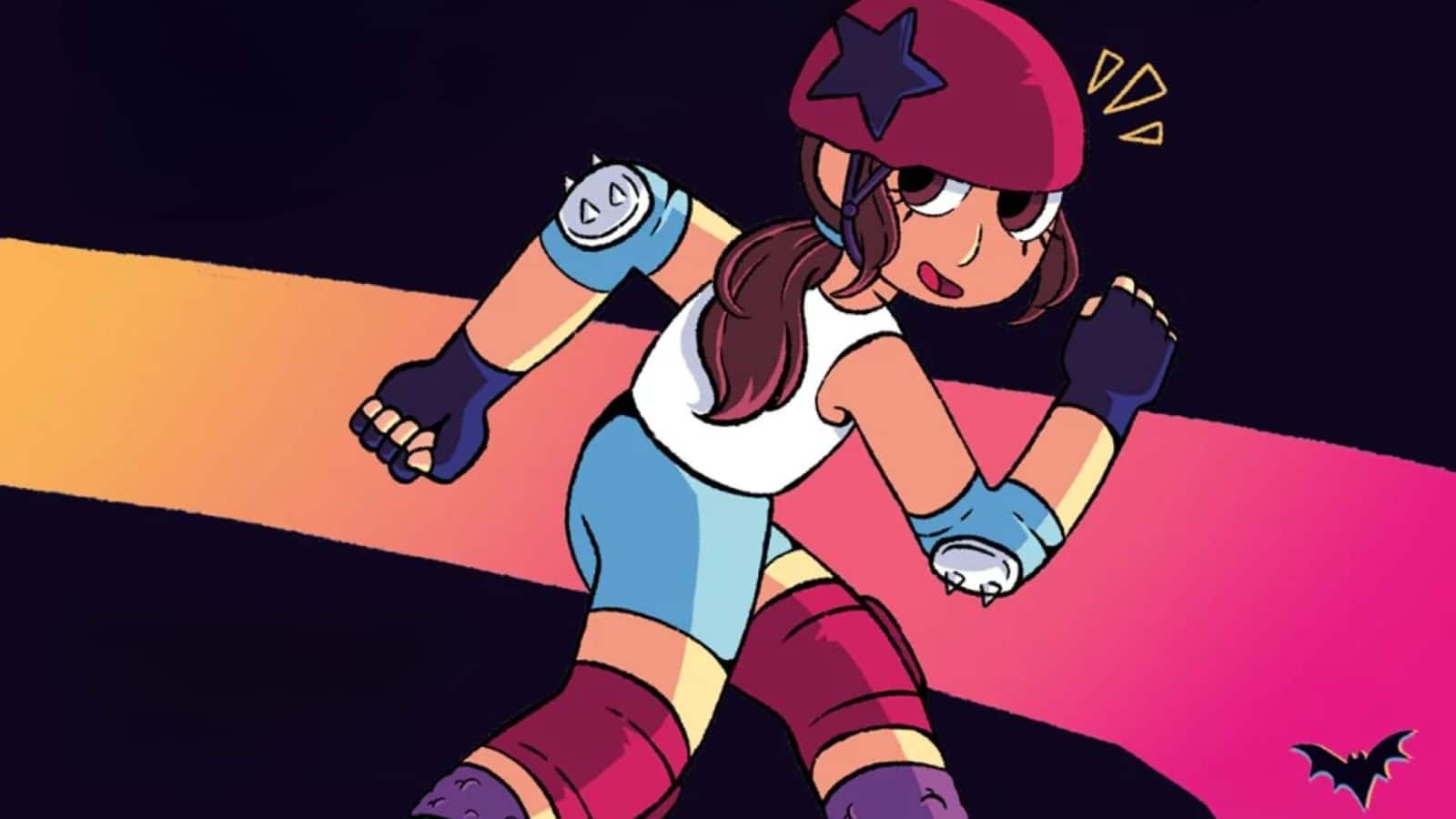
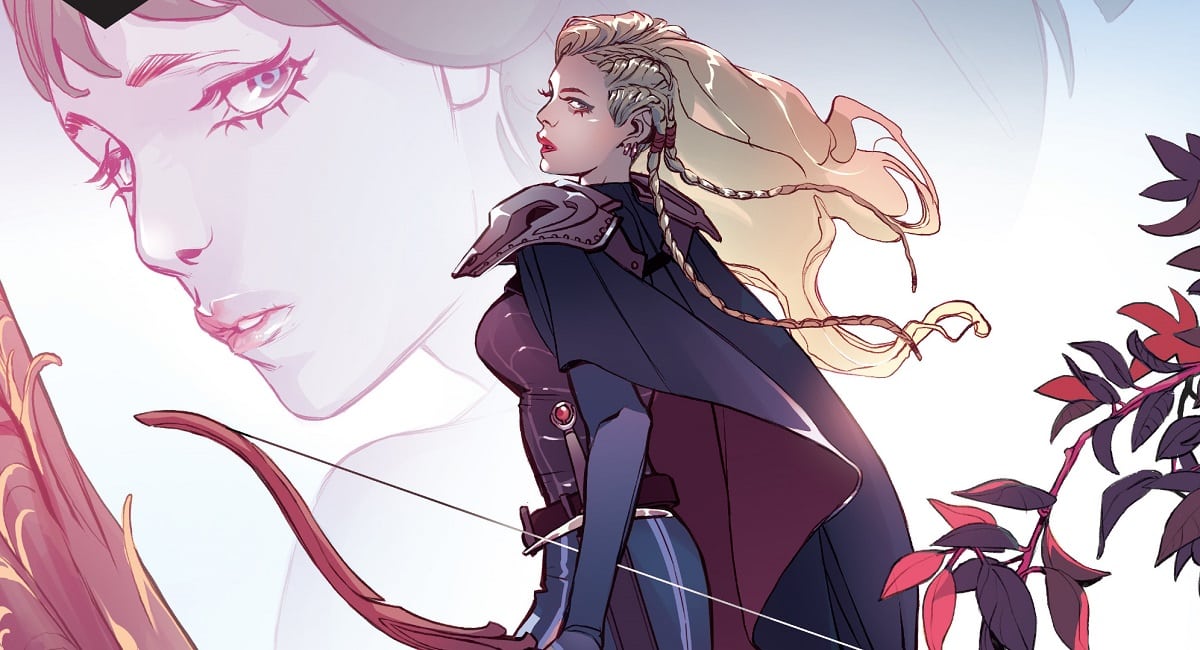
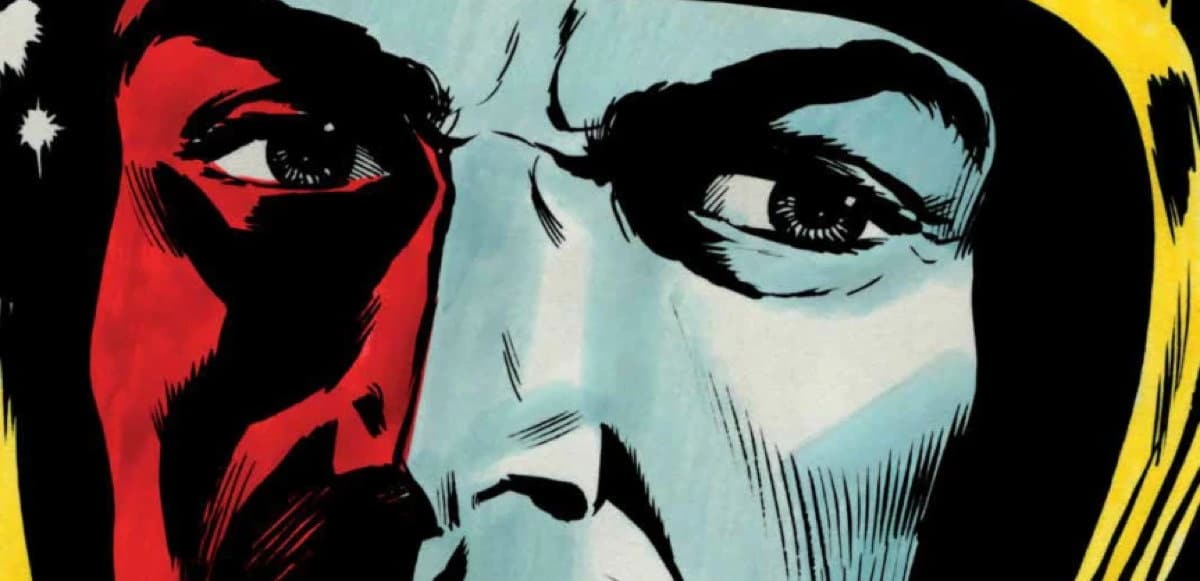
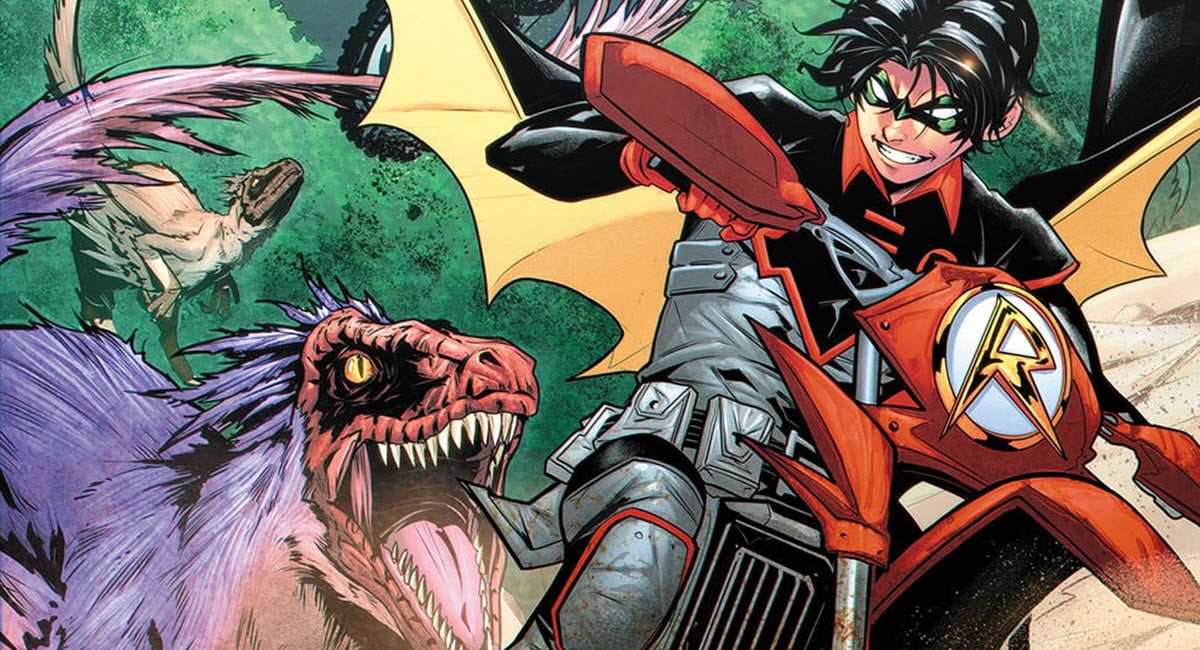

Comments are closed.